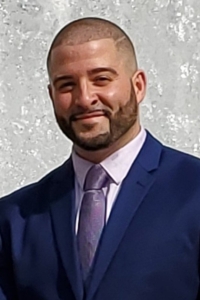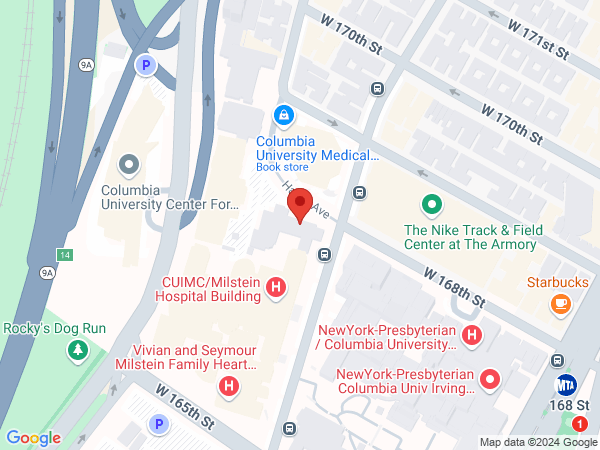Felix L Garcia del Castillo, PhD
On the web

Overview
Félix L. García del Castillo, PhD (he/him/el) is a licensed clinical psychologist specialized in working with youth and adults of minoritized sexual orientations and gender identities (SOGI), as well as members of racially and ethnically minoritized communities. Dr. García del Castillo’s foundational training was in relational-interpersonal psychotherapy, and included a strong emphasis on early childhood development, attachment, and family systems. In terms of manualized treatment modalities, Dr. García del Castillo frequently employs Dialectical Behavior Therapy (DBT) and was formally trained in Trauma-Focused Cognitive Behavior Therapy (TF-CBT). Dr. García del Castillo works with children, adolescents, and adults, and provides individual, couples, family, and group therapy.
Currently, Dr. García del Castillo practices from a client-centered stance, providing highly structured support like distress tolerance skills, affirming individuals as they explore unfamiliar or uncomfortable aspects of themselves, and utilizing the therapeutic relationship as a safe space in which to confront and address self-defeating relational patterns. Similarly, Dr. García del Castillo prioritizes multidisciplinary care coordination, regularly conferencing with youth, parents, teachers, and other providers to promote a cohesive support network around clients and to advocate for them as needed.
Dr. García del Castillo received his doctoral degree in Clinical Psychology (Child Track) from The Graduate Center, The City University of New York. He completed his predoctoral internship at the Children’s Institute Inc. (Bilingual Trauma Track) in Los Angeles, CA, and postdoctoral fellowship at Callen-Lorde Community Health Center.
At Callen-Lorde, a preeminent healthcare clinic exclusively serving queer and TGNB communities, Dr. García del Castillo trained in the informed consent model of TGNB care. Dr. García del Castillo worked closely with an integrative TGNB care team, cofacilitating a Surgery Prep group, assessing and documenting preparedness for surgical interventions, and providing weekly sessions with clients at various stages of presurgical decision-making and postsurgical lifestyle adjustment.
Academic Appointments
- Instructor in Medical Psychology (in Psychiatry) at CUMC
Hospital Affiliations
- NewYork-Presbyterian / Columbia University Irving Medical Center
Languages
- Spanish
Gender
- Male
Schedule an Appointment
Virtual Visits/Telehealth
Virtual Visits allow you to connect with your provider from the comfort, convenience, and safety of your own home.
Phone Appointments
Connect Patient Portal
For existing patients, login to make an appointment, view documentation or contact your care provider.
Location(s)
Insurance Accepted
Aetna
- Aetna Signature Administrators
- EPO
- HMO
- Medicare Managed Care
- NY Signature
- POS
- PPO
- Student Health
CHP Student Health
- CHP-NYU
UnitedHealthcare
- Behavioral Health (Columbia University Employee Plan)
World Trade Center Health Plan
- World Trade Center Health Plan
Credentials & Experience
Education & Training
- PhD, Clinical Psychology, The Graduate Center, City University of New York
- Internship: The Children's Institute, Inc, Los Angeles, CA
- Residency: Callen-Lorde Community Health Center
- Fellowship: Callen-Lorde Community Health Center
Research
Selected Publications
- Peterson, B. S., Wang, Z., Horga, G., Warner, V., Rutherford, B., Klahr, K. W., Graniello, B., Wickramaratne, P., García, F., Yu, S., Hao, X., Adams, P. B., Qian, M., Liu, J. Gerber, A., & Weissman, M. M. (2014). Discriminating risk and resilience endophenotypes from lifetime illness effects in familial major depressive disorder.JAMA Psychiatry, 71(2) 136-148.
- Marsh, R., Hao, X., Xu, D., Wang, Z., Duan, Y., Liu, J., Kangarlu, A., Martinez, D.,García, F., Tau, G. Z., Yu, S., Packard, M. G., & Peterson, B. S. (2010). A virtual reality-based FMRI study of reward-based spatial learning.Neuropsychologia, 48(10) 2912-2921.

